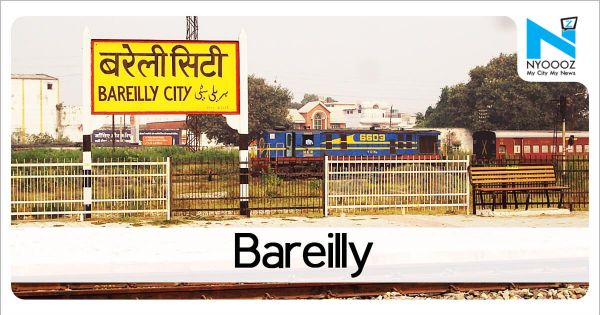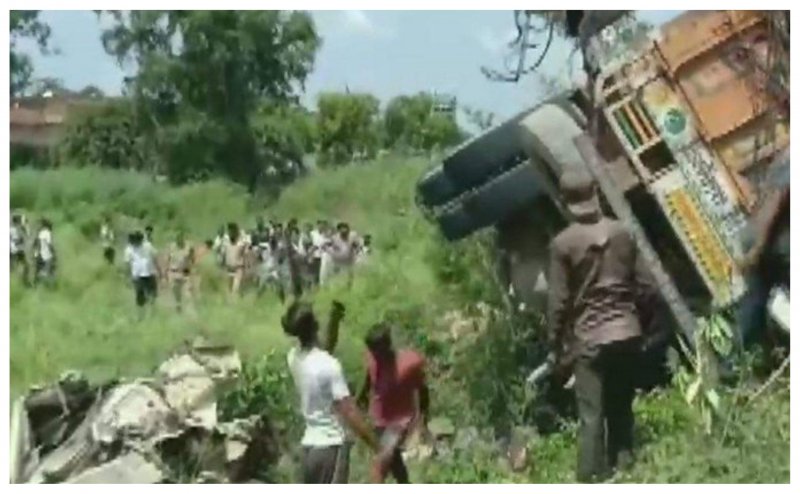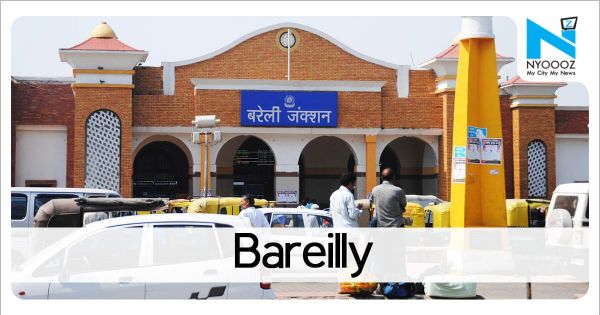Two boats: the only lifeline of two dozen villages in trans Sharda region
- | Sunday | 22nd July, 2018

Pilibhit: In the era of metro trains and other motor vehicles, which has become the lifeline of the salaried class, the livelihoods of more than two dozen villages in the trans-Sharda region still depend on two ferry-boats to cross Sharda River. As the impacted load of a crop laden trolley with tractor is feared to immerse the floats deep in river water, it can damage the bridge”, said SP Singh, the assistant engineer of PWD. This poses additional hurdles before the farmers in carrying their agricultural produce to mandi for procurement.“The pontoon bridge is set up with 20 to 25 pontoons (floats) that provide 60 to 70 meters long and 4 meters wide bridge. Despite this, the villagers still opt to travel in these two private boats at their own risk, he added.According to PWD officials, the pontoon bridge is not permitted for heavy vehicles even for the grain or sugarcane laden tractor-trolleys. Though the district authorities set up a pontoon bridge every year, but it is accessible only between November and June as the incessant rainfall renders it useless during the monsoon season.The trans-Sharda region connects Pilibhit with Nepal at one side and district Kheri on the other.

If You Like This Story, Support NYOOOZ
Your support to NYOOOZ will help us to continue create and publish news for and from smaller cities, which also need equal voice as much as citizens living in bigger cities have through mainstream media organizations.
Stay updated with all the Bareilly Lates News headlines here. For more exclusive & live news updates from all around India, stay connected with NYOOOZ.









